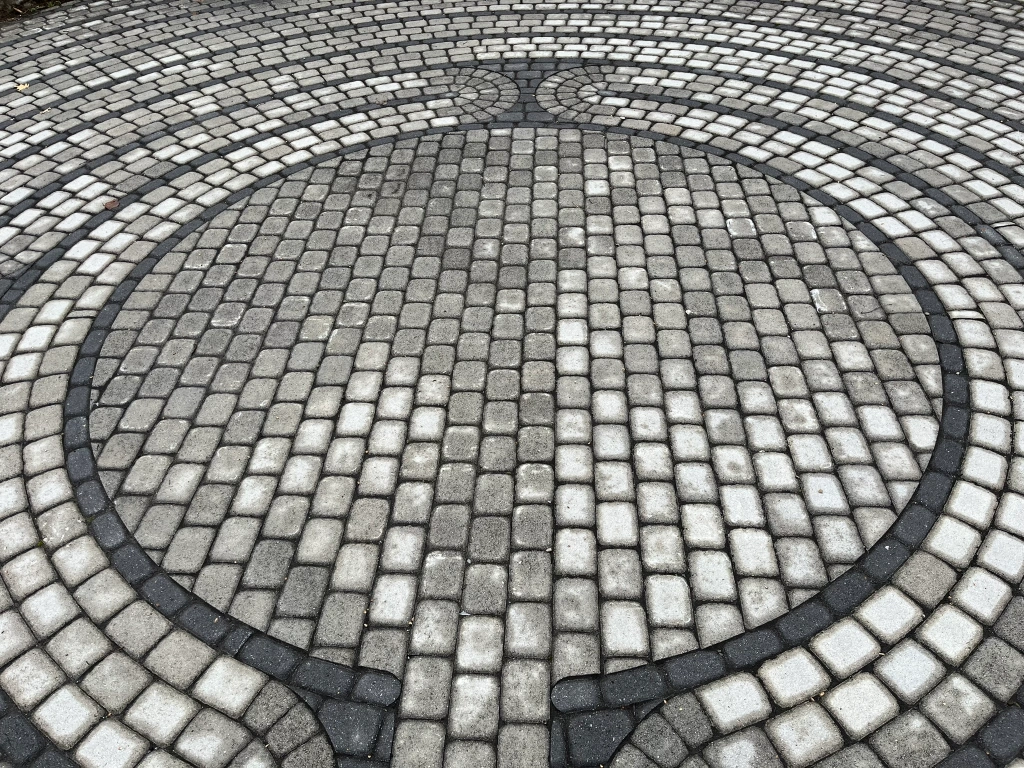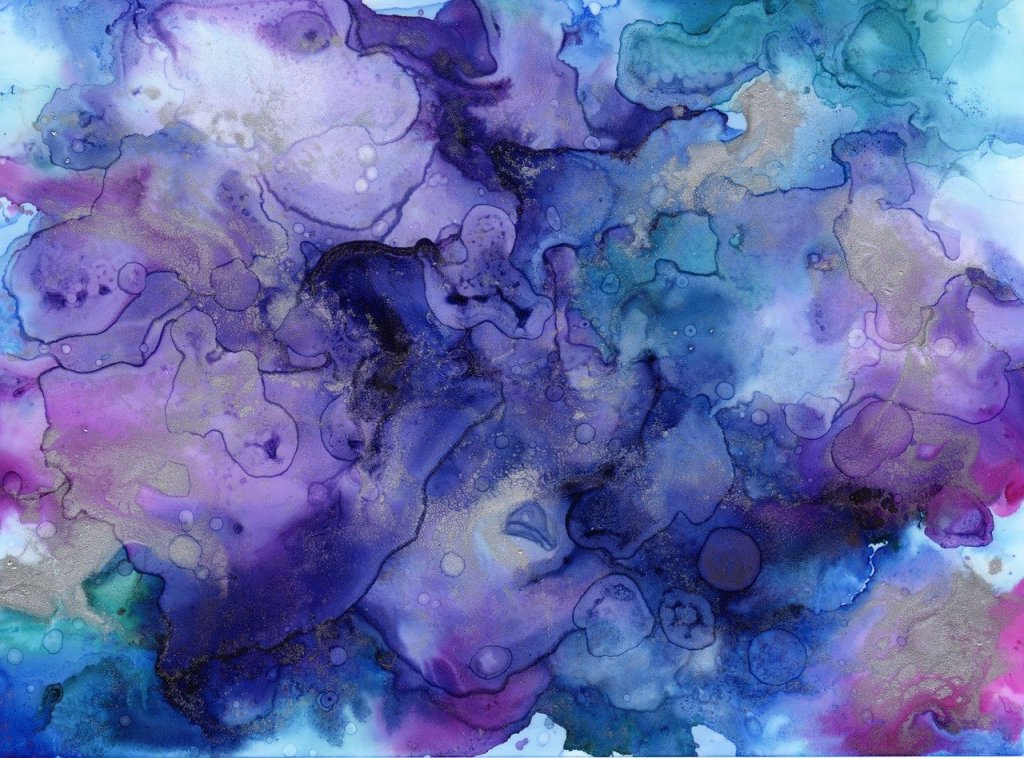Two is a dangerous number. Here’s how it starts: One is the primary number, the first and foremost, the opposite of nothingness. One is everything, but that “everything” really still means nothing by itself: it’s just pure yes instead of pure no, pure all instead of nothing. One may be everything, but it’s not yet anything. That’s where two comes in: two is the moment when that oneness splits. Multiple parts, distinctions and separations, and finally that we can conceive of what it is, finally we can even exist at all. Existence is in the details, and two is the very beginning of the details.
Two is the beginning of everything that we can recognize, because it’s only with two that we can split things up. But splitting things into two can be very dangerous.
Two means life vs. death.
Good vs. evil.
God vs. Satan.
Mind vs. body.
Earth vs. heaven.
Us vs. them.
Two is dualism, the idea that there are somehow two different realities, one of mind and one of body, or perhaps one of heaven and one of earth. One early philosophical vision of dualism was Plato’s idea of the Forms, that there is, say, an ideal “Chair” that exists in some “realm of the Forms” above and beyond all chairs we can see. These chairs are but shadows of the True Chair. An interesting concept, though I tend to think it’s more about linguistics than ontology.
Dualism can lead to very “black and white” thinking. There is Good, and there is Evil. There is what is Real, and what is Illusory. There is what is True, and what is False. This becomes dangerous when it becomes rigid.
For instance, in one interpretation of Christianity, Heaven and Earth are separate, and what’s Important is figuring out how to get to Heaven. Therefore, Earth is useless at best, dirty and sinful at worst. There is no need whatsoever to concern ourselves with nature or with this world at all. Let it burn.
Or, in the case of Nazism, a person was either part of the Master Race or not. If they were not, then they were therefore subhuman, and not worthy of even considering as real. Dehumanizing like this is what can lead an otherwise normal and compassionate human being to accept things like death camps.
Dualistic thinking can often lead to dehumanizing, and I believe that’s one of the biggest problems that leads to injustice and war. We dehumanize immigrants, think of them as somehow less than us, and that makes it easy to talk about “the wall” and the migrant caravan in abstract terms, without even thinking about the true human effects. We dehumanize people of color, or Muslims, or whatever group you like, and paint them all with a broad brush, assuming that they are all the same. When a Muslim Arab commits and act of terror, we hear, “You see how those people are.” When a white Christian America commits an act of terror, nobody says, “You see how white people are.”
Dualism leads to dividing the world into neat categories. There are “men” and “women”; anything fluid or strange about gender or sexuality is seen as deviant. There are “good people” and “bad people”; and of course, the speaker is always among the good. There is “real news” and “fake news”; and of course, the real news always supports the worldview of the speaker.
Two is dangerous. Luckily, there are many, many more numbers, if we could just remember to keep going. There are more things in heaven and earth than are dreamt of in two’s philosophy.




Leave a comment